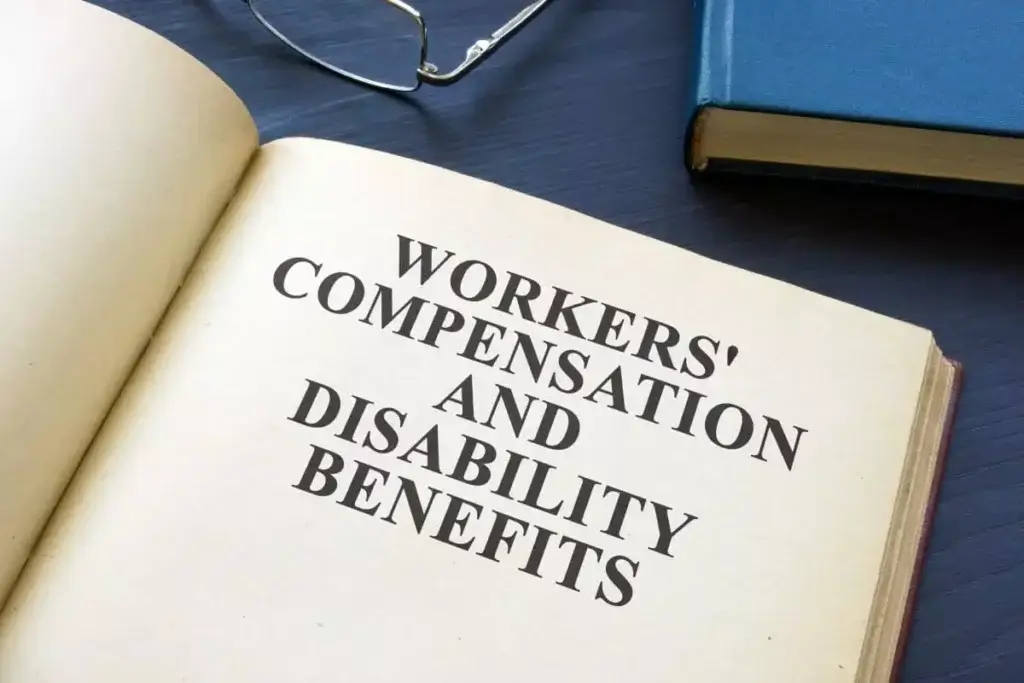Important: We updated this article in April 2024 to ensure all information below is correct. Unless you’re a federal employee, state law outlines who gets Colorado workers’ compensation benefits and how the process works. If you’ve been injured on the job in the Centennial State, you should focus on getting better, not worried over the claims process.
We’ve gathered the information you need to get the benefits you deserve under Colorado’s workers’ compensation laws.
Colorado Workers’ Compensation Laws: Who Is Automatically Exempt From Coverage?
According to the Colorado Department of Labor and Employment, all public and private employers with at least one employee must carry workers’ compensation insurance. This includes both full and part time employees starting from day one on the job. This no-fault system helps protect workers with on-the-job injuries and their employers. However, employees in these groups are not eligible for Colorado workers’ comp benefits:
- Domestic workers employed less than 40 hours per week
- Residential support workers for host-home services
- Uber, Lyft, and other contract rideshare service drivers
- Volunteer ski area operators
- Realtors/real estate brokers who work only on commission
- Railroad employees who are covered by federal workers’ comp
- Independent contractors
What Workers’ Compensation Benefits Are Available to Injured Workers?
Colorado workers’ compensation insurance covers all medical expenses related to your workplace injury. And once the required waiting period ends, you can also qualify for partial wage replacement benefits. To qualify for workers’ comp benefits that partially cover your lost wages, you must miss at least three work shifts. If you miss less than two weeks due to a work-related injury, those payments start on your fourth day off. After more than two weeks off due to work-related injuries, you’re paid for the first three days you missed.
If you don’t need time off to recover, you can receive unlimited medical benefits for up to 6 years from your accident date.
Learn more about workers’ comp benefits for injured workers.

How the Colorado Workers’ Compensation System Covers Lost Wages for Workplace Injuries
Colorado workers’ compensation insurance pays up to 66 2/3% of the state’s gross average weekly wage to injured employees. The insurance carrier for your employer makes those payments once every two weeks until you can go back to work.
According to the Colorado Department of Labor, employees injured on the job may receive the following wage replacement benefits:
Temporary Total Disability (TTD)
Temporary total disability payments can last until you return to work or reach maximum medical improvement (MMI). These payments go to injured workers once a medical provider says they cannot work at all on a temporary basis.
Temporary Partial Disability (TPD)
Temporary partial disability benefits help cover reduced hours or pay while you’re on light duty work or job restrictions. Once you return to work at your regular pay rate or reach maximum medical improvement, those payments end.
Permanent Disability Benefits (Available Only After You Reach Maximum Medical Improvement)
Once your doctor says you’ve reached MMI, you can qualify for Colorado workers’ comp permanent disability benefits.
Permanent Partial Disability (PPD)
This means your doctor says you suffered a permanent loss of function of one or more specific body parts. You’ll receive PPD payments either every other week or in a single payment equal to 4-208 weeks of TTD benefits.
Permanent Total Disability (PTD)
This means you cannot ever work again, and specifically because of your work-related injury or illness. PTD payments are the same amount as TTD benefits. After you reach MMI, you may receive them for life if you cannot work at all ever again.
Death Benefits
The Colorado Division of Workers’ Compensation pays up to $7,000 for funeral and burial expenses when an injured worker dies. In addition, eligible family members may receive lifetime TTD benefit payments until the widowed spouse marries again.
Colorado Workers’ Compensation Claim Filing Process
The workers’ compensation claims process usually works like this. However, each workers’ comp claim is different, so your own experience may differ.
Step 1: Notify Your Employer Before You Seek Medical Attention
If a job-related injury or illness requires urgent care, seek emergency medical treatment immediately. Then notify your employer of your on-the-job injury or illness in writing within four business days. Caution: You lose one day of lost wage benefits for each day you wait after this deadline.
If you don’t require emergency medical treatment, notify your employer of the work-related injury or illness first. Then, choose a physician from the Designated Provider List your employer gives you. This health care professional becomes your “treating physician.” That means this is the only doctor you can see for your work injury or illness.
Caution: You must notify your employer within four working days or risk your workers’ comp benefits. If you go to an unauthorized doctor, then you must pay those medical bills yourself.
Step 2: File Your Workers’ Claim for Compensation Form (WC-15) with the Colorado Division of Workers’ Compensation
You must complete and file Form WC-15 within two years of your injury accident or occupational disease diagnosis date.

Step 3: Your Employer Files the Employer’s First Report of Injury Form with their Insurance Carrier
The insurance company must receive this form within 10 days after you provide written notice of your workplace injury.
Step 4: Insurance Company Approves or Denies Your Workers’ Compensation Claim Within 20 Days
They will usually notify you by mail and include instructions on how to appeal if they deny you benefits.
Caution: Workers with preexisting conditions are most likely to be denied.
For more information on the Colorado workers’ compensation program, visit the state’s injured employee information page.
Talk to a Colorado Workers’ Compensation Attorney for Free About Your Case
If your claim is denied, you have 45 days to file an Application for an Expedited Hearing to appeal. From there, it can take up to four months to schedule a hearing for most disputed claims! Get helpful tips to decide if you need a Colorado workers’ compensation attorney.
Working with a qualified workers’ compensation attorney can make the process both easier and faster. These attorneys work on contingency. That means they don’t charge you anything unless you win benefits. If you do win, then you only pay one reasonable fee.
Want to talk to a workers’ comp expert for free about your case? Click the button below to start your fast, free online benefits quiz and see if you may qualify now:
Get Your Free Benefits Evaluation
Margot Lester is the CEO of The Word Factory, a B2B & B2C content marketing agency that provides services for Fortune 100 brands, healthtech companies and SaaS developers. An award-winning business and brand journalist, she writes for daily and weekly newspapers and business journals, national magazines, in-flight publications and leading websites. Margot is also an in-demand writing coach and organizational communications trainer, helping individuals and teams write more effectively. Twitter/X: @word_factory LinkedIn: linkedin.com/in/margotlester.

